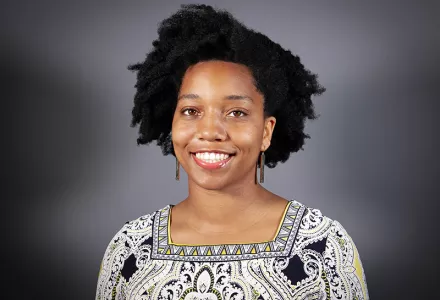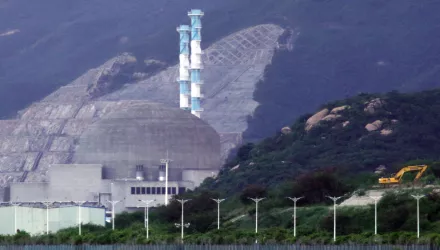Energy Policy Seminar: Destenie Nock on "Energy Limiting Behavior: a Hidden Form of Energy Poverty"
Join us for an Energy Policy Seminar featuring Destenie Nock, Assistant Professor of Civil & Environmental Engineering (CEE) and Engineering and Public Policy (EPP) at Carnegie Mellon University. Dr. Nock will speak on "Energy Limiting Behavior: a Hidden Form of Energy Policy." HKS Professor Henry Lee will moderate the Q&A.
Attendance: This event is open to the public and hosted on Zoom. For those who cannot attend live, the seminar will be recorded and available to watch on this page.
Accessibility: Persons with disabilities who wish to request accommodations or who have questions about access, please contact Liz Hanlon (ehanlon@hks.harvard.edu) in advance of the session.
Registration: Please RSVP at the link below. Registration will remain open until the event begins.



